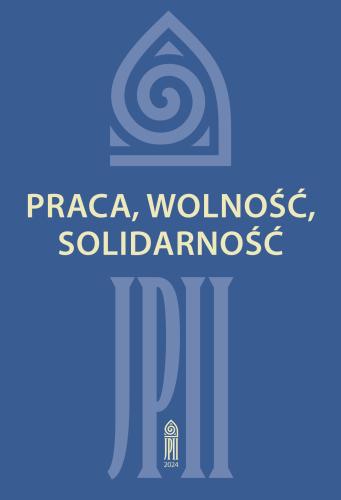Solidarity: one and the other, never one against the other
Synopsis
This paper reflects on the Christian understanding of solidarity, focusing specifically on the thought of John Paul II and Joseph Ratzinger. It demonstrates that, in Catholic teaching, solidarity presupposes an authentic or potential sense of community. In the Enlightenment tradition, concepts such as “brotherhood” are considered primary to “cognition,” which tends to render both fraternity and solidarity as theoretical and abstract constructs. Christianity, by contrast, grounds these ideas in concrete encounters—where brotherhood and solidarity are revealed through face-to-face meetings with real individuals, as epitomized by the parable of the Merciful Samaritan, and through personal engagement with people’s suffering. The paper highlights a crucial distinction between Christian and secular conceptions of solidarity: how each tradition approaches “bipartisanship.” In John Paul II’s teaching—initially directed at Poles, but also present in papal encyclicals—solidarity emerges as an alternative to Marxist class struggle, advocating for the recuperation of adversaries into national and ecclesial communities, rather than seeking their destruction. This is illustrated by references to patriotism and by the emphasis on individual conscience and conversion, setting Christian solidarity apart as a dynamic, reconciling force.



